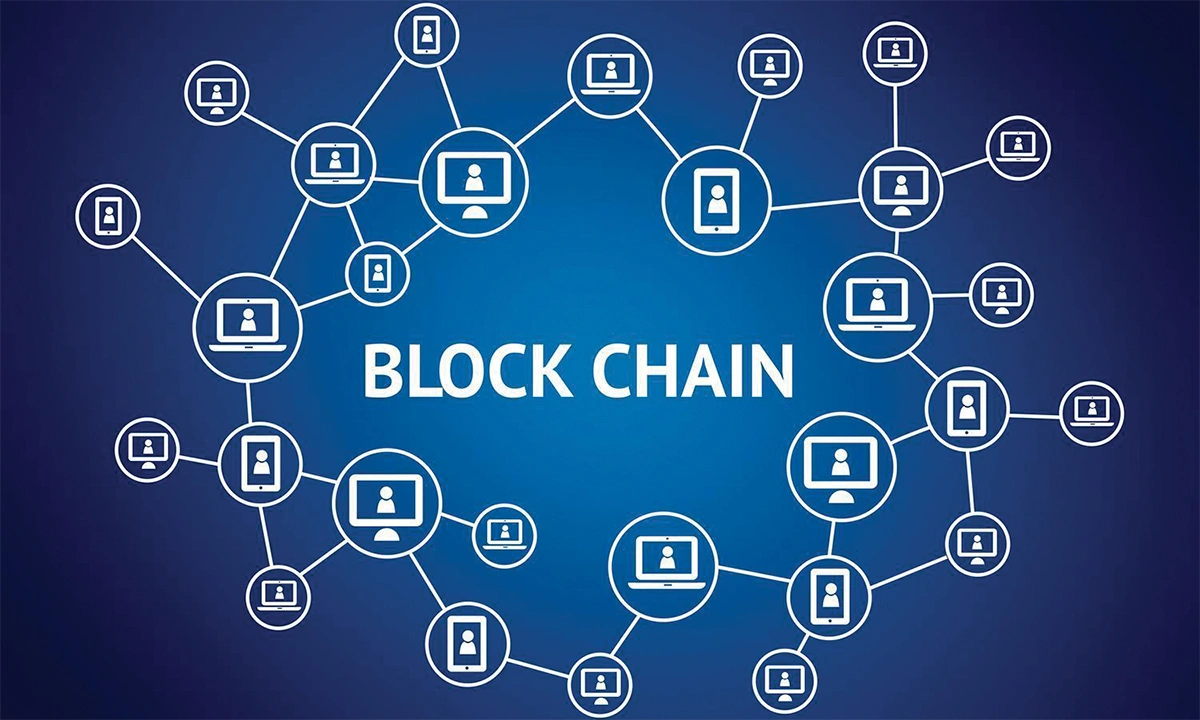Blockchain is a decentralized, secure and transparent technology that is transforming the way we transact, store and share data. With its cryptographic foundations, blockchain provides a reliable and unalterable ledger of information that can be shared across a network of participants.
One of the key advantages of blockchain technology is its ability to eliminate the need for intermediaries in transactions, making it possible to transfer data, money and assets directly between parties without the need for a trusted third party. This not only reduces costs and increases efficiency, but it also creates new opportunities for innovation and growth.
Blockchain has the potential to transform a wide range of industries, from finance and healthcare to logistics and supply chain management. For example, blockchain-based systems can be used to manage and track the distribution of goods, enabling companies to increase transparency and reduce the risk of fraud. In finance, blockchain technology is being used to develop decentralized platforms for trading securities and other financial instruments, enabling faster and more secure transactions.
Despite its many benefits, blockchain technology is still in its early stages and there are many challenges that need to be addressed. One of the key challenges is scalability, as current blockchain-based systems can struggle to handle large volumes of transactions and data. In addition, there is a need for better standards and regulations to ensure that blockchain technology can be used effectively and securely.
As an insider in the blockchain community, I believe that the technology has the potential to change the world in ways that we can't yet imagine. However, it will take time, effort and collaboration to fully realize its potential. Whether you are a developer, an entrepreneur, or simply someone interested in technology, blockchain is definitely worth exploring further.
In conclusion, blockchain technology is an exciting and rapidly evolving field that has the potential to transform the way we transact, store and share data. With its cryptographic foundations, blockchain provides a secure and transparent ledger of information that can be shared across a network of participants, enabling new opportunities for innovation and growth. So, join me in this journey of exploring the power of blockchain and unlocking its full potential.


.jpg)
.jpg)
.jpg)
.jpg)

.jpg)